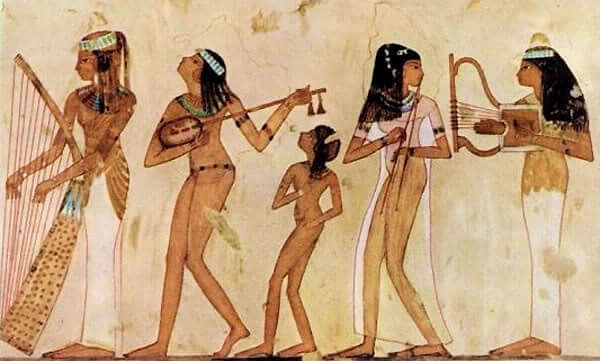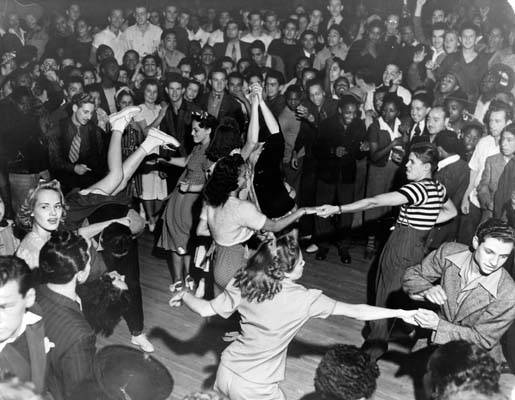When many people think back to the days of their youth, they recall times of friends, romances, and the excitement of making their way in the world. No matter your age, culture, religion, or sex, few things are as unifying and accessible as music.
Since the earliest of human civilizations, people have recorded their stories and ideas through songs and musical compositions. Now in 2016, the world is still passionate about music in every way, making it a truly ageless craft.

Music therapy is almost as old as civilization itself!
Although, if there’s any application of music to really illustrate this point, it’s the world of senior memory care and music therapy.
Music as Medicine
The German philosopher, Immanuel Kant once referred to music as “the quickening art,” meaning it had the ability to instantly communicate feelings and emotions across time and space. For people with various stages of dementia or Alzheimer’s, the experiences recorded in their memories can be very distant and almost inaccessible. Medication is available to help manage these conditions, although it’s difficult to reconnect people with their own identities by purely chemical means.
As a profession, music therapy developed during World War I as a way to soothe soldiers’ trauma after returning from battle. Remarkably, similar applications of music date back to the ancient cultures of Egypt, China, India, Greece, and Rome. Although, modern technology is really bringing this type of therapy to the forefront of senior care.
Alzheimer’s and other forms of dementia can develop at varying rates and levels of severity, although the usual progression entails a loss of cognitive function, general disorientation, as well as a disconnectedness with the outside world and one’s own self and emotions. People with these diseases can easily become agitated and depressed without the ability to express their thoughts and feelings.
But before we go any further, take a moment to meet Mr. Henry Dryer:
Henry’s reaction like many who receive music therapy during their memory care is truly remarkable and inspiring. It’s as though he’s been given a bridge back to his youth, his emotions, and his own self. As is the case with many dementia patients, communication becomes increasingly difficult as a condition progresses. Some of the main benefits music therapy can accomplish for seniors and their families include:
- Positive mood shifts
- Managing stress-induced agitation
- Stimulating positive interactions
- Facilitating cognitive functions
- Coordinating motor movements
- Non-pharmacological control of pain
How Music Therapy Works
Because the part of the brain responsible for rhythm and movement remain mostly intact even in the later stages of dementia, music can be used to encourage participation through dancing, or just the simple swinging of the arms or tapping of the toes. Inversely, more relaxing sounds can encourage sleep and relaxation, especially for individuals with sundown syndrome who are affected by the shift from day to night.

Teenagers young and old can never get enough of their favorite tunes!
Most of the time, selections from an individual’s youth (ages 18-25) can stimulate some of the dearest memories one has access to. Music from American Swing bands like Cab Calloway, Frank Sinatra, and Bing Crosby among others put people right back in those dance halls with friends and loved ones. Depending on how far a disease has progressed, going back even farther into the days of one’s childhood with folk music of one’s native language can have a deep effect.
No matter one’s preference or style, music is a true medicine reminding us of our connection to each other and the world as it continues to evolve and age with us.





